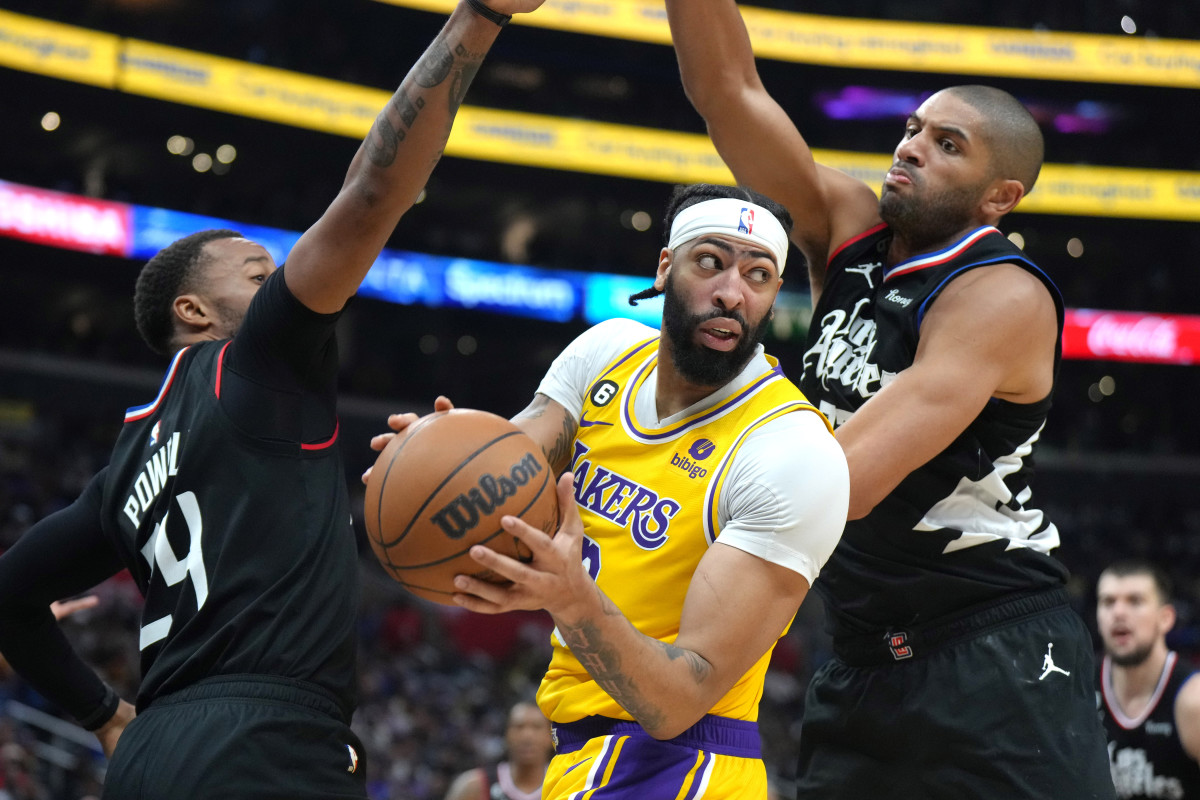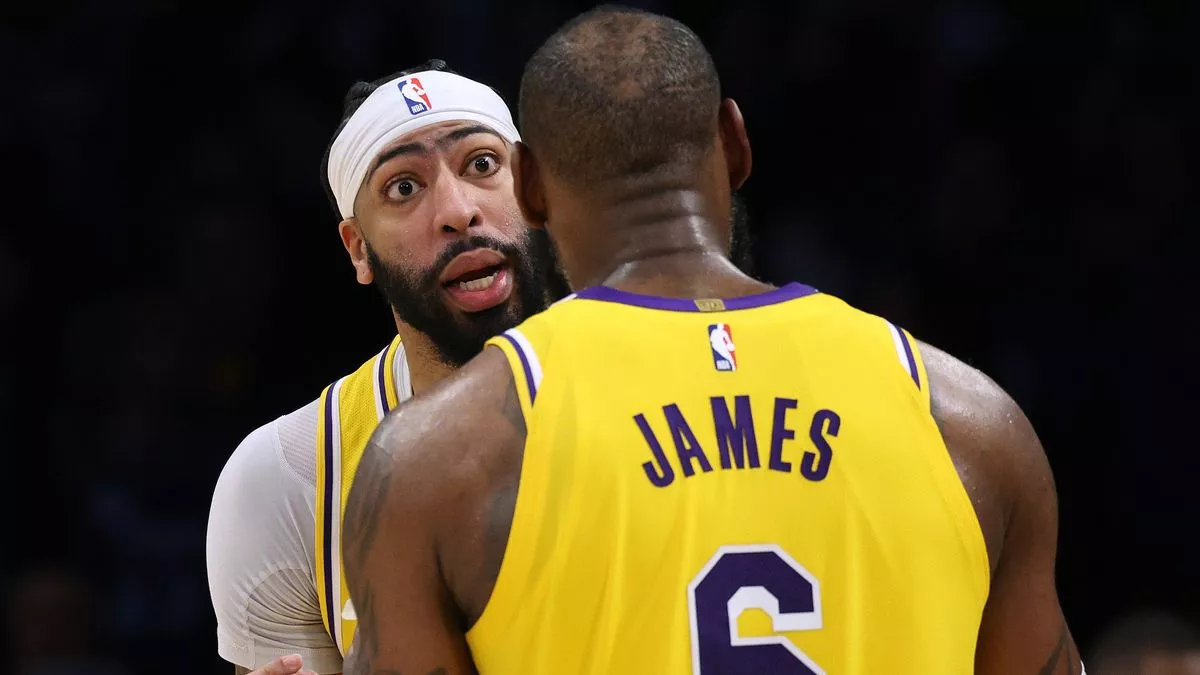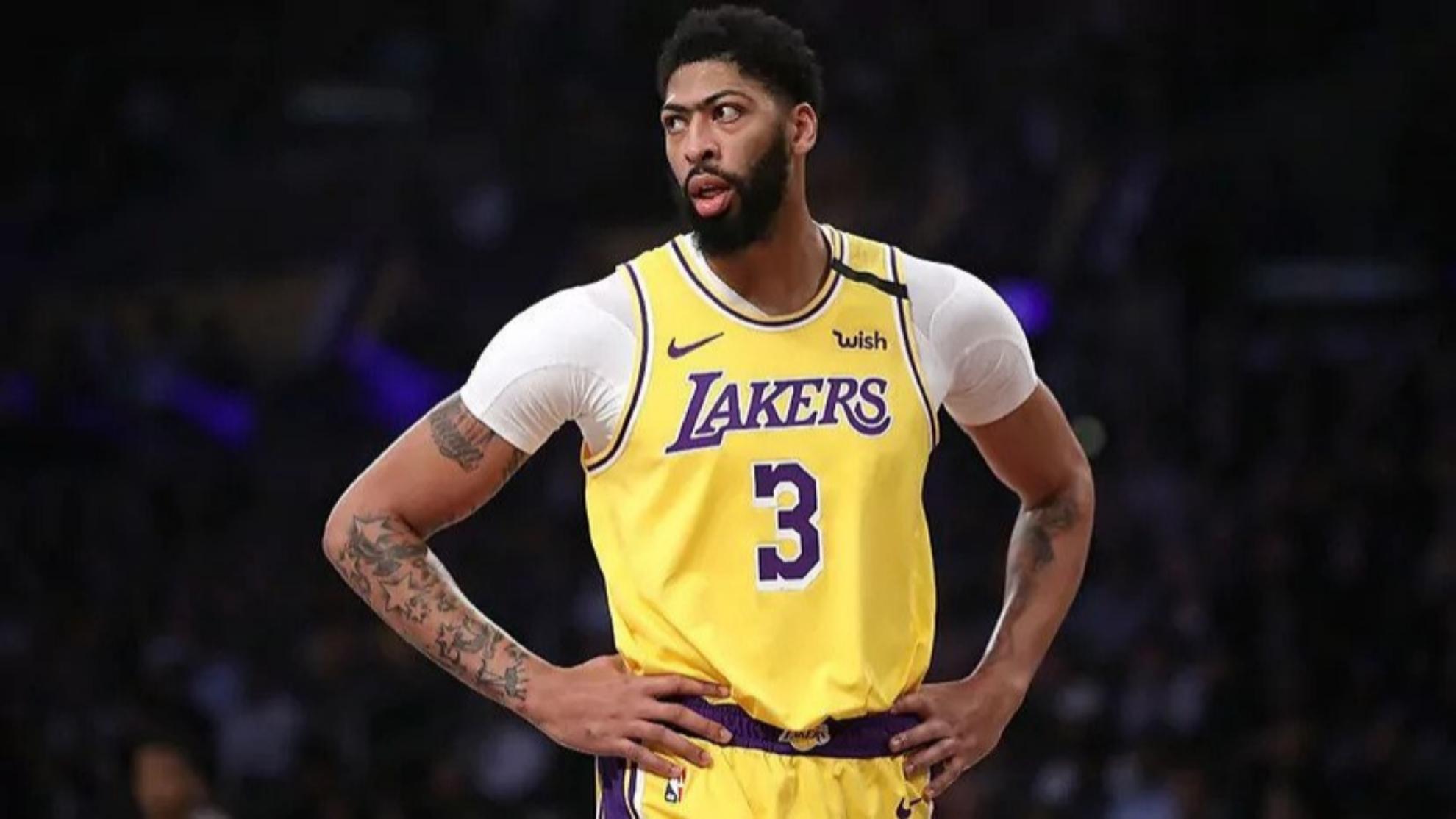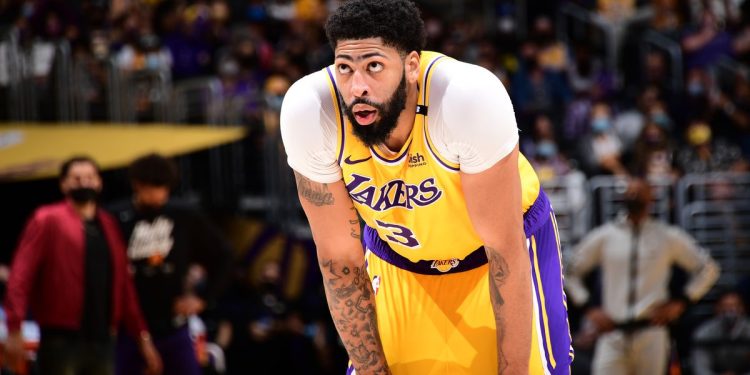Anthony Davis’ sentiments heavily influenced the Los Angeles Lakers’ decision to part ways with coach Darvin Ham right after the season’s close. In the high-stakes world of the NBA, this was not just a routine managerial shift but a seismic change.
Known as ‘AD’ among fans and commentators, Davis’s dissatisfaction played a pivotal role in this dramatic turn of events. That’s how he got to the Lakers from New Orleans.”
This move by the Lakers underscores a critical reality in modern sports: the immense influence star players hold within their teams, especially in leagues where player empowerment is at its peak. The Lakers’ management, wary of repeating history where Davis’s unhappiness could lead to drastic decisions, opted to recalibrate their leadership to align more closely with his vision.

Anthony Davis: From Chicago to Los Angeles Lakers
Before becoming a central figure in the Lakers’ dynamics, Anthony Davis charted a path from the basketball courts near Chicago to the bright lights of Los Angeles. His basketball prowess was evident early on, leading him to spend his freshman year at Duke University. His outstanding college performance secured him the first overall pick in the 2012 NBA Draft by the New Orleans Pelicans.

Over seven seasons with the Pelicans, Davis averaged impressive stats: 23.7 points, 10.5 rebounds, and 2.1 assists per game, while shooting 52%. His journey with the Pelicans, however, was marked by growing frustrations, culminating in a trade demand during the 2018-19 season.
This demand set the stage for a blockbuster trade that would land him with the Lakers, his preferred destination, in exchange for a hefty package including Brandon Ingram, Lonzo Ball, and Julius Randle.
Revisiting the Trade: Impact and Expectations
The trade not only fulfilled Davis’s wish but also reshaped the Lakers’ future. By acquiring a player of Davis’s caliber, the Lakers aimed to cement their position as perennial title contenders. This strategy, however, came with its set of challenges and expectations. As the Lakers navigate through the ups and downs of NBA seasons, the alignment between a star player’s vision and team management’s strategy has proven crucial.

The recent decision to part ways with Coach Ham is a testament to the delicate balance teams must maintain to harness the full potential of their star assets while aiming for the ultimate prize in basketball: an NBA championship.
In conclusion, the Lakers’ recent changes are more than just a response to a single disappointing season; they are a strategic move to realign with one of the NBA’s most influential players. As they move forward, the Lakers’ management will likely continue to be proactive in making decisions that not only appease their star player but also push the team closer to their championship aspirations.
This saga of player empowerment and strategic management continues to unfold, offering a fascinating glimpse into the dynamics of professional sports teams in the era of player influence.
Source: MSN









